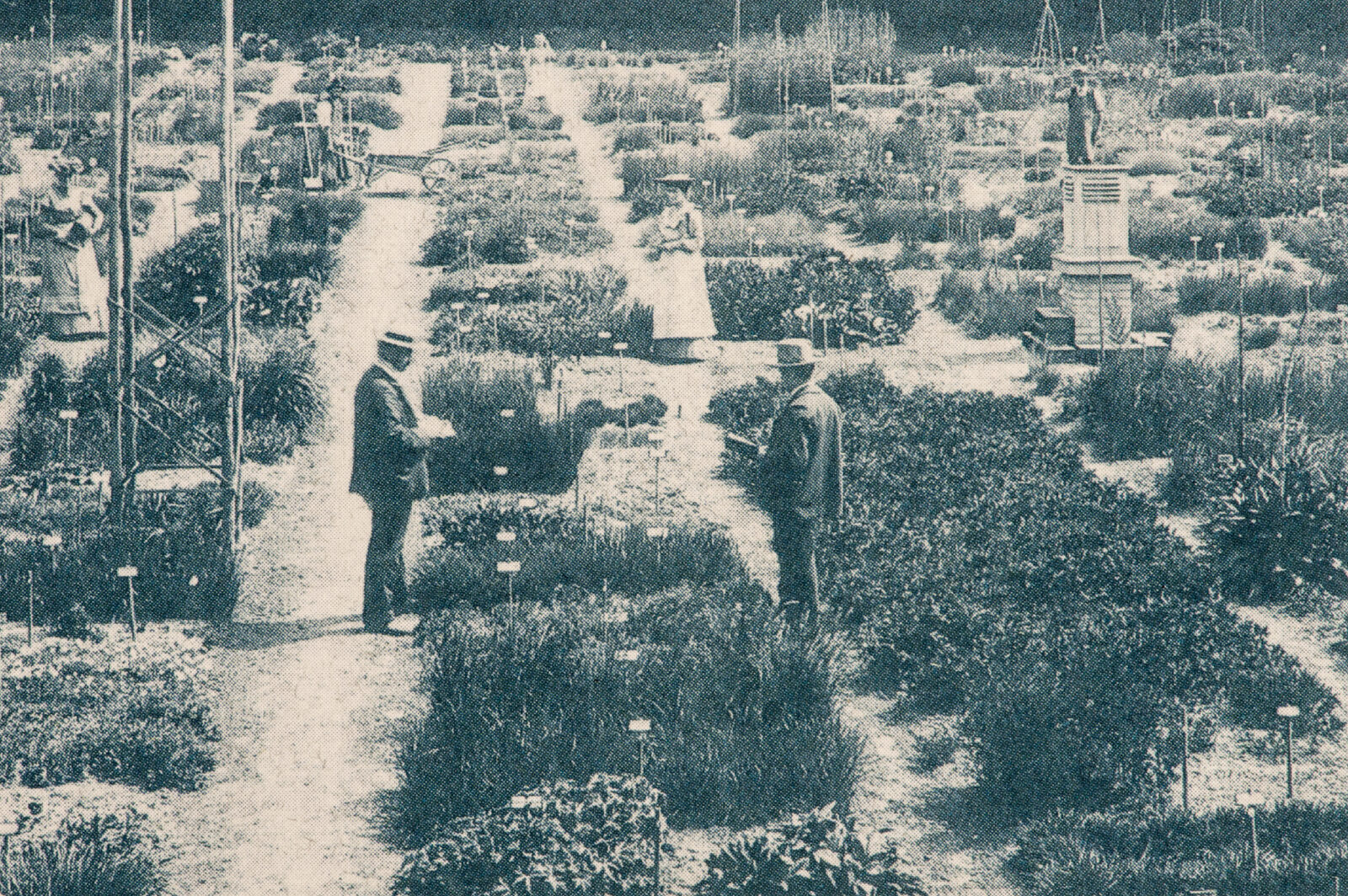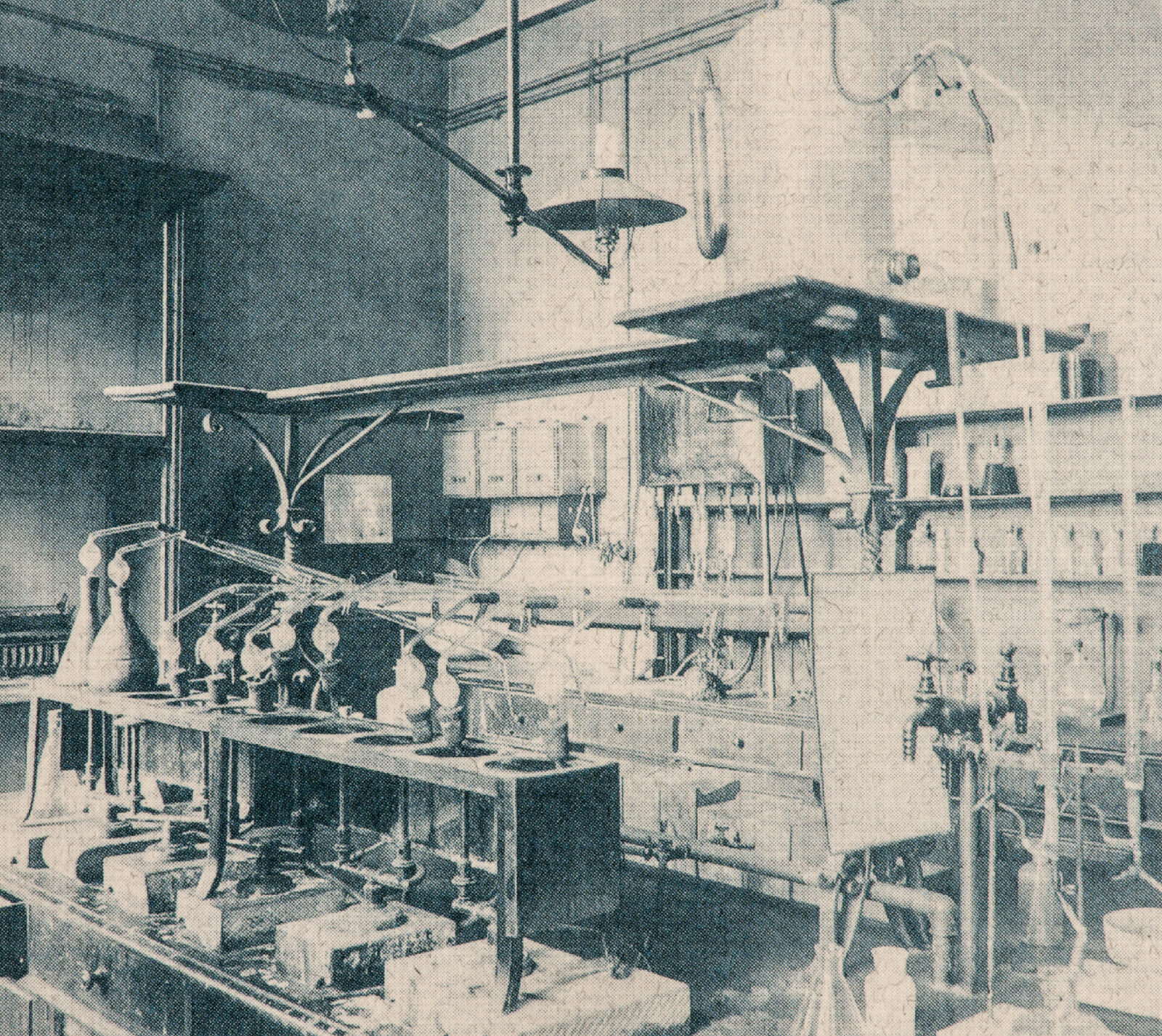Agroscope
The Control Station for Preventing Seed Fraud
The research station in Zurich-Reckenholz of Agroscope, the Swiss Federal Centre of Excellence for Agricultural Research, has its origins in the Swiss Federal Polytechnic (later the ETH). Said research station was established by the private tutor Friedrich Gottlieb Stebler, founder of the first Swiss agricultural seed control station for preventing fraud in the trading of agricultural inputs.
Back in January 1875, the Swiss forage production scientist and ethnographer Friedrich Gottlieb Stebler had established a private seed control station in Bern modelled on the German stations, in order to expose abuses in the trade of seed, feed and fertilisers. In 1876, the University of Leipzig-educated Stebler described the sophistication of the adulteration techniques used by fraudsters, for example the addition of died quartz stones instead of seeds, as follows:
“Two varieties of these [artificial clover seeds] have become known: the first variety in its natural colour, that peculiar grey with the particular violet undertone that some red-clover seeds have – these were sold as a red-clover adulterant. These were carefully sieved beforehand, in order that they should also match the clover seed in size. The other, smaller variety was expertly dyed sulphur-yellow, like the loveliest white clover, so that even the experienced seed connoisseur would be unlikely to suspect, on unbiased inspection, that nothing but stone and gravel had been added here.” (Lehmann, 2003, p. 22)

A world-renowned institute
With the Federal Resolution of 17 March 1877, Stebler’s wish was fulfilled: a seed control station and an agricultural chemical experimental station were established in the Department of Agriculture and Forestry at the Polytechnic.
In particular, the seed control station – skilfully and successfully run by Stebler for 42 years – developed into a world-renowned institute. Its pivotal work in forage production garnered recognition and appreciation for Stebler far beyond the borders of Switzerland.
Seed control station becomes today’s seed-testing laboratory for arable and forage production
Both the seed control station and the agricultural chemical research station remained under the control of the Swiss University Council until 1898, after which they were run as independent stations under the control of the Swiss Federal Department of Agriculture. After 36 years on the Zurich Polytechnic site, they were given their own location in Oerlikon, and later in Reckenholz.
Today, more than 6000 seed samples from over 200 different plant species are quality-tested each year in Agroscope’s seed testing laboratory in Reckenholz. Today too, these tests make an essential contribution to ensuring that only seed of faultless quality is traded and sold.
